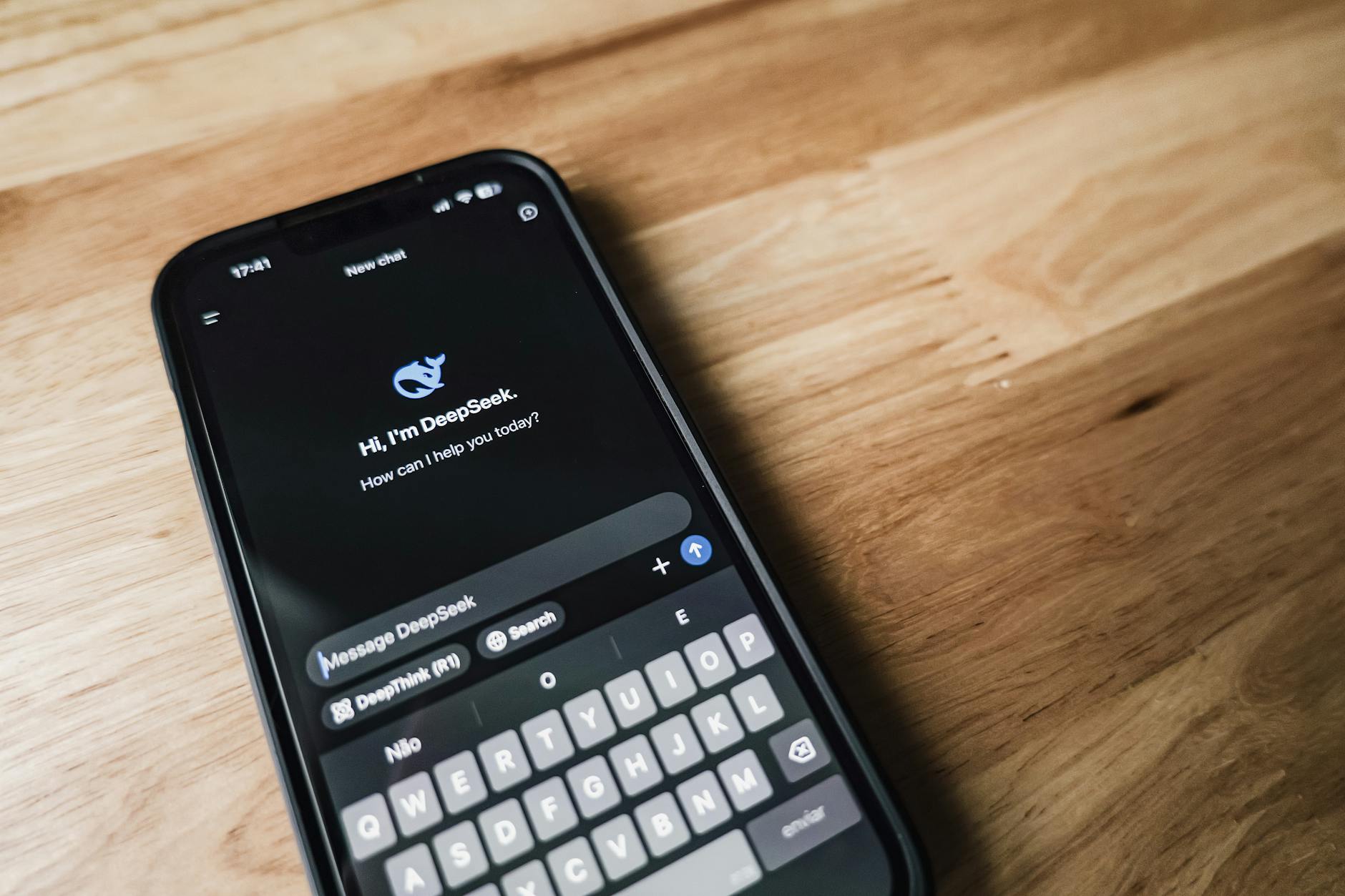Which AI Does Not Plagiarize? Best Tools for Original Content

No AI tool guarantees plagiarism-free content, but some are designed to reduce detection by tools like Turnitin. Word Spinner and similar AI plagiarism changers use natural language processing to rephrase text and generate original-sounding output. While these tools may bypass detection systems, they can still produce content lacking clarity or depth. Choosing the right AI depends on your content needs and the importance of originality and coherence.
Benefits and Limitations of AI Writing Tools
AI writing tools offer a variety of benefits alongside certain limitations. It’s essential to understand both aspects to decide what works best for your content creation needs.
Suitability for Various Content Types
Different AI writing tools excel at producing specific types of content. For instance, tools like Word Spinner come equipped with over 50 built-in AI writing templates that cater to various writing tasks, enabling users to generate high-quality content swiftly.
The table below highlights the suitability of some common types of AI writing tools:
| AI Writing Tool | Best For | Features |
|---|---|---|
| Word Spinner | Blogs, Articles | Multiple templates, Quick generation |
| AI Paraphrasers | Academic, Non-Fiction | Text manipulation, Coherent output |
| Content Generators | Marketing Copy, Ads | Catchy headlines, Targeted phrases |
Each tool has its strengths, which can greatly benefit your productivity and output quality. Choosing the right one depends on your content type, whether it’s creative writing, academic work, or marketing copy.
Challenges in Content Creation
While AI writing tools provide immense support, they also present certain challenges. One of the major obstacles is the potential for producing content that may be flagged by plagiarism detection software like Turnitin. AI-powered plagiarism changers work by utilizing Natural Language Processing (NLP) to manipulate text. This may create sophisticated output that can evade traditional plagiarism checks, making it harder for educators to gauge a student’s authentic work.
Another challenge is the use of AI tools that result in content lacking originality and depth. Relying solely on AI-generated content can lead to generic writing that may not engage readers effectively. This is especially concerning as these tools can mask a student’s true understanding of the material, impacting their learning process (Turnitin).
By understanding the strengths and pitfalls of AI writing tools, you can better navigate your content creation process. If you are curious about which AI might remain undetected, you can explore more about can Turnitin detect StealthGPT? or check which AI is not detected by Turnitin here.
Understanding AI Detection in Writing
In the world of writing, understanding how AI detection works and its implications is essential, especially for those who use AI tools for content creation. You may wonder, “which AI does not plagiarize?” This section dives into AI plagiarism changers and their effects on academic integrity.
AI Plagiarism Changers Overview
AI plagiarism changers are tools designed to help users rephrase or generate content while attempting to bypass traditional plagiarism detection systems. While these tools can produce text that seems original on the surface, there are significant concerns regarding their effectiveness and reliability.
| Key Features | Benefits | Limitations |
|---|---|---|
| Rephrasing Content | Allows quick modifications of existing content | May produce incoherent or unclear text |
| Bypassing Detection | Can help in avoiding plagiarism detection by tools like Turnitin | Content may still lack originality or critical thinking skills |
| Time-saving | Facilitates faster content creation | Risk of promoting academic dishonesty |
While some tools may seem sophisticated, the content generated may still lack coherence and clarity, often leading to lower-quality work (Turnitin). It is vital for users to recognize these limitations when relying on AI for writing tasks.
Implications for Academic Integrity
The rise of AI plagiarism changers poses challenges to academic integrity. One of the primary dangers is that students may use these tools to bypass essential learning processes. When you depend heavily on AI for content generation, you risk missing out on developing critical skills like research proficiency and effective writing.
Moreover, these tools can undermine authentic assessments by making it difficult for educators to evaluate students’ true understanding and abilities. Academic institutions must foster a culture of integrity, educating students on the responsible use of technology. This includes implementing clear policies regarding the ethical use of AI plagiarism changers.
To understand how these AI tools stand up to traditional platforms like Turnitin, explore our articles on can Turnitin detect StealthGPT? and is undetectable ai reliable for Turnitin?. As you navigate the landscape of AI content generation, being informed is vital for maintaining originality and authenticity in your writing.